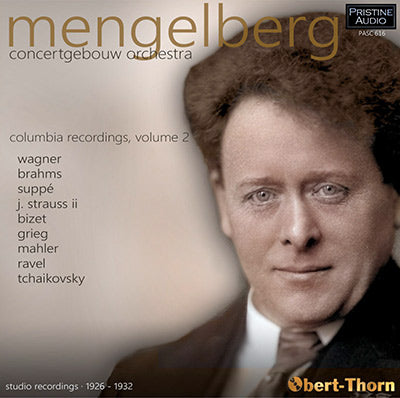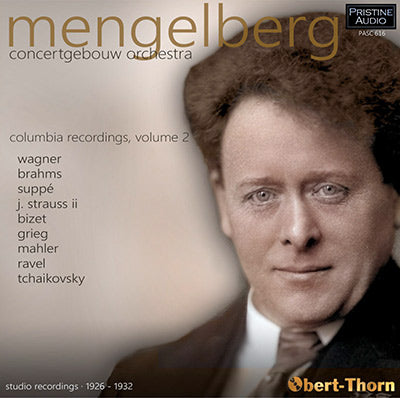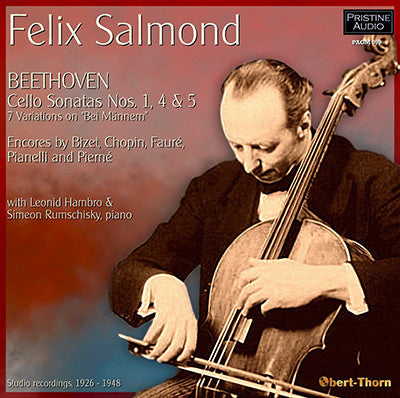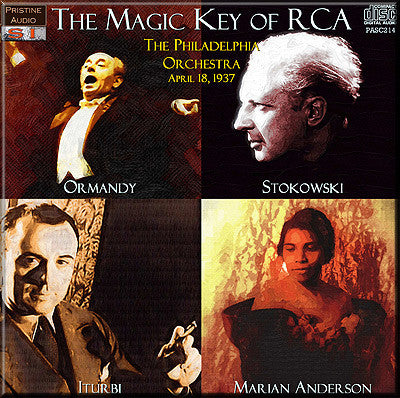Bizet
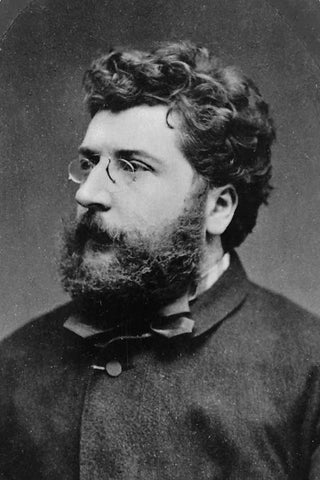
During a brilliant student career at the Conservatoire de Paris, Bizet won many prizes, including the prestigious Prix de Rome in 1857. He was recognised as an outstanding pianist, though he chose not to capitalise on this skill and rarely performed in public. Returning to Paris after almost three years in Italy, he found that the main Parisian opera theatres preferred the established classical repertoire to the works of newcomers. His keyboard and orchestral compositions were likewise largely ignored; as a result, his career stalled, and he earned his living mainly by arranging and transcribing the music of others. Restless for success, he began many theatrical projects during the 1860s, most of which were abandoned. Neither of his two operas that reached the stage in this time—Les pêcheurs de perles and La jolie fille de Perth—were immediately successful.
After the Franco-Prussian War of 1870–71, during which Bizet served in the National Guard, he had little success with his one-act opera Djamileh, though an orchestral suite derived from his incidental music to Alphonse Daudet's play L'Arlésienne was instantly popular. The production of Bizet's final opera, Carmen, was delayed because of fears that its themes of betrayal and murder would offend audiences. After its premiere on 3 March 1875, Bizet was convinced that the work was a failure; he died of a heart attack three months later, unaware that it would prove a spectacular and enduring success.
Bizet's marriage to Geneviève Halévy was intermittently happy and produced one son. After his death, his work, apart from Carmen, was generally neglected. Manuscripts were given away or lost, and published versions of his works were frequently revised and adapted by other hands. He founded no school and had no obvious disciples or successors. After years of neglect, his works began to be performed more frequently in the 20th century. Later commentators have acclaimed him as a composer of brilliance and originality whose premature death was a significant loss to French musical theatre.

Bizet
During a brilliant student career at the Conservatoire de Paris,...
WAGNER Tannhäuser Overture - Lohengrin Prelude
BRAHMS Symphony No. 3 - Academic Festival Overture
GRIEG Two Elegiac Melodies
RAVEL Boléro
J STRAUSS II Perpetuum Mobile
music by Suppé, Bizet, Mahler, Tchaikovsky
Studio recordings, 1926-32
Total duration: 2hr 18:29
Concertgebouw Orchestra of Amsterdam
conducted by Willem Mengelberg
TCHAIKOVSKY Symphony No. 4 in F minor
TCHAIKOVSKY Symphony No. 5 in E minor
TCHAIKOVSKY Romeo and Juliet – Fantasy Overture
TCHAIKOVSKY Waltz from Serenade for Strings
J S BACH Suite No. 2 for Flutes and Strings
J C BACH Sinfonia in B flat
BEETHOVEN Leonore Overtures 1 & 3, Coriolan Overture et al
WEBER Der Freischütz, Euryanthe, Oberon - Overtures
LISZT Les Préludes
WAGNER Tannhäuser Overture - Lohengrin Prelude
BRAHMS Symphony No. 3 - Academic Festival Overture
GRIEG Two Elegiac Melodies
RAVEL Boléro
J STRAUSS II Perpetuum Mobile
music by Cheubini, Mendelssohn, Berlioz, Suppé, Bizet, Mahler, Tchaikovsky
Studio recordings, 1926-32
Concertgebouw Orchestra of Amsterdam
conducted by Willem Mengelberg
Save 5% when you purchase the complete set
BEETHOVEN 7 Variations on “Bei Männern” from Die Zauberflöte
Encores by Bizet, Chopin, Fauré, Pianelli and Pierné
Studio recordings, 1926-48
Total duration: 79:09
Felix Salmond, cello
Leonid Hambro, piano
Simeon Rumschisky, piano
Recorded in 1945
Duration 23:06
Metropolitan Opera Orchestra
Conductor: Paul Breisach
RACHMANINOV Piano Concerto No. 2
VARIOUS Symphonic movements and short pieces
Acoustic studio recordings, 1917-1924
Total duration: 79:41
Sergei Rachmaninov, piano
The Philadelphia Orchestra
THE MAGIC KEY OF RCA
Marian Anderson - contralto
José Iturbi - conductor, solo piano
The Philadelphia Orchestra
Charles O'Connell - conductor, arranger
Eugene Ormandy - conductor
Leopold Stokowski - conductor, arranger
Recorded 1937
Total duration: 59:36

